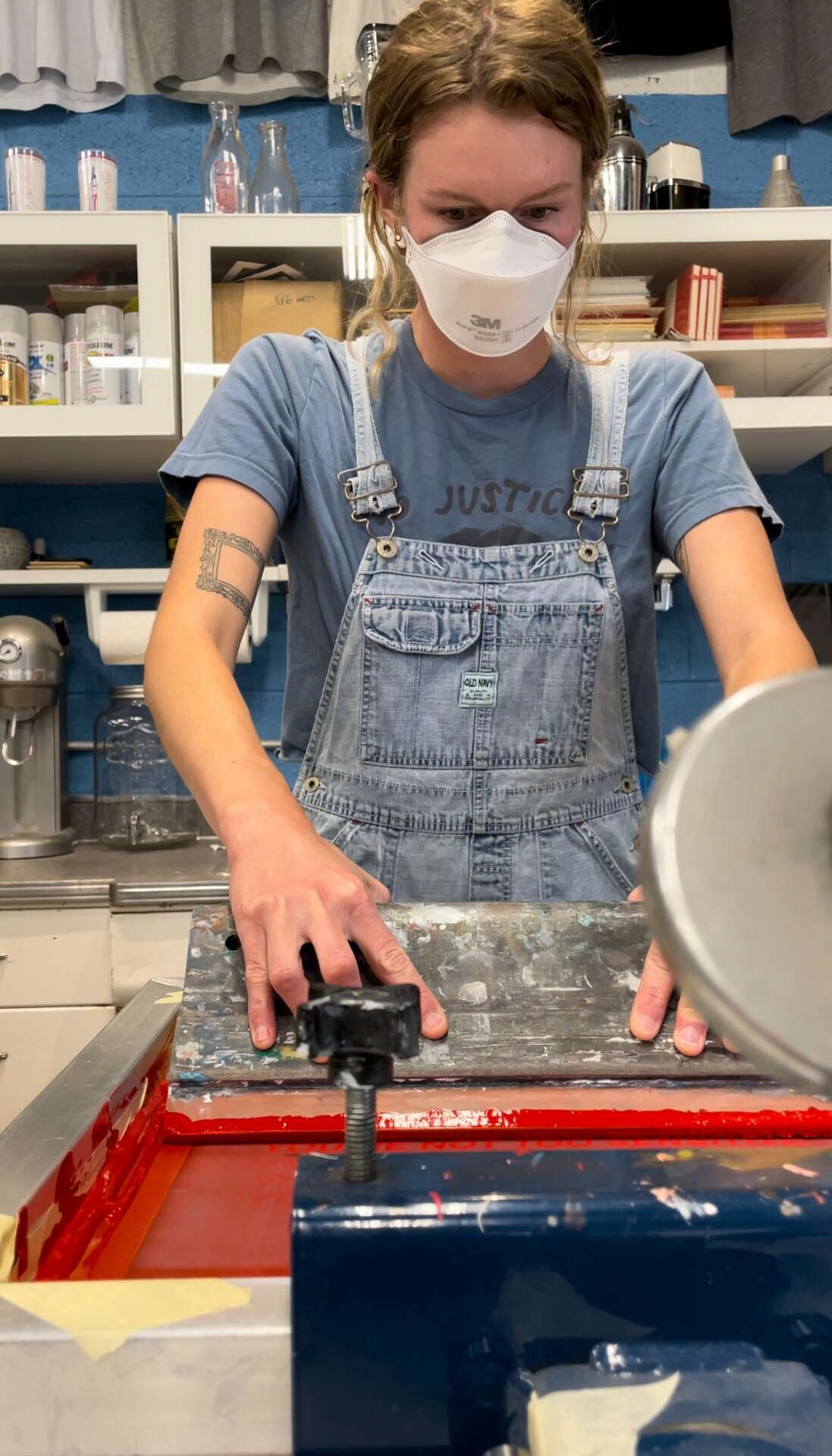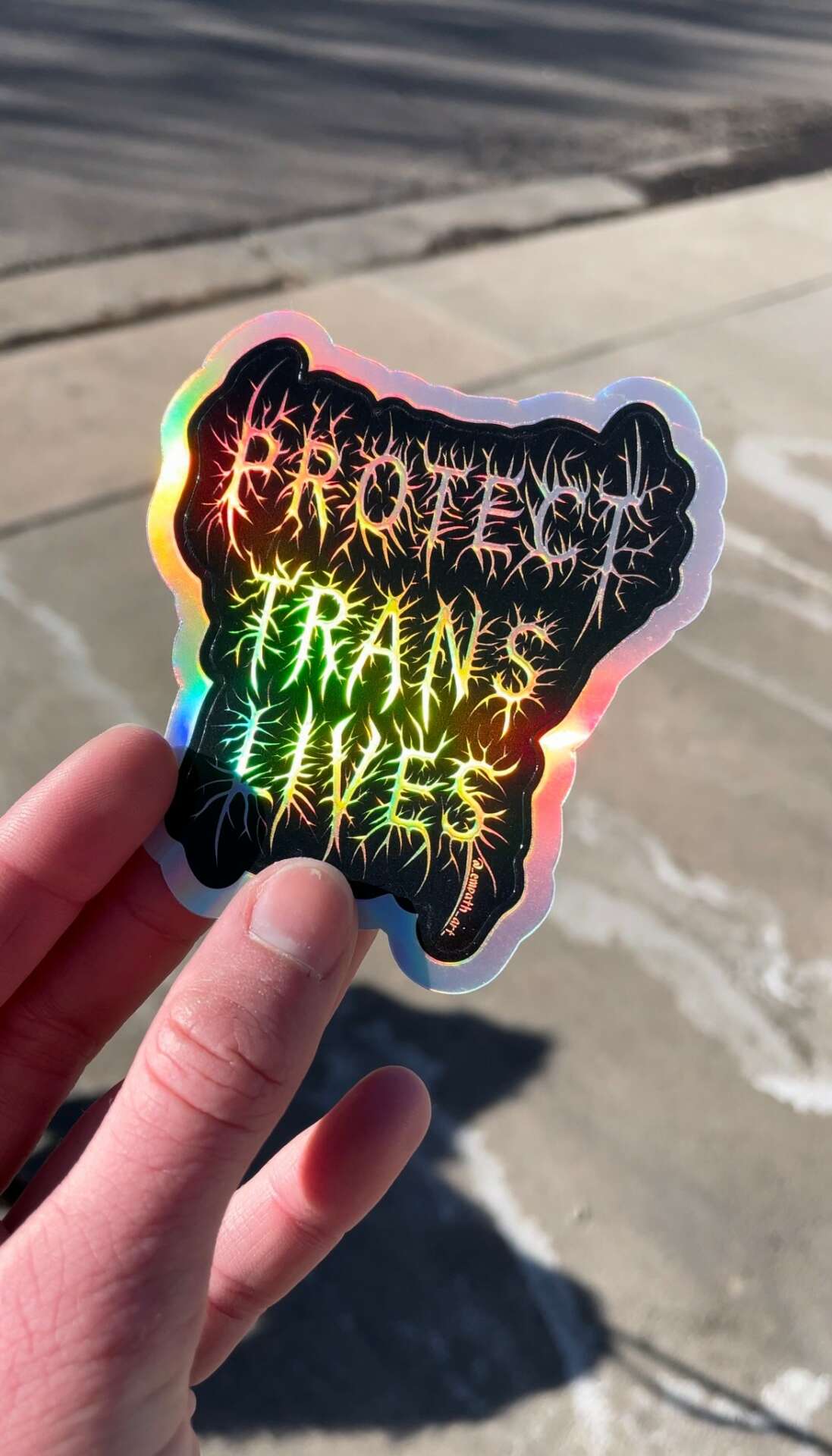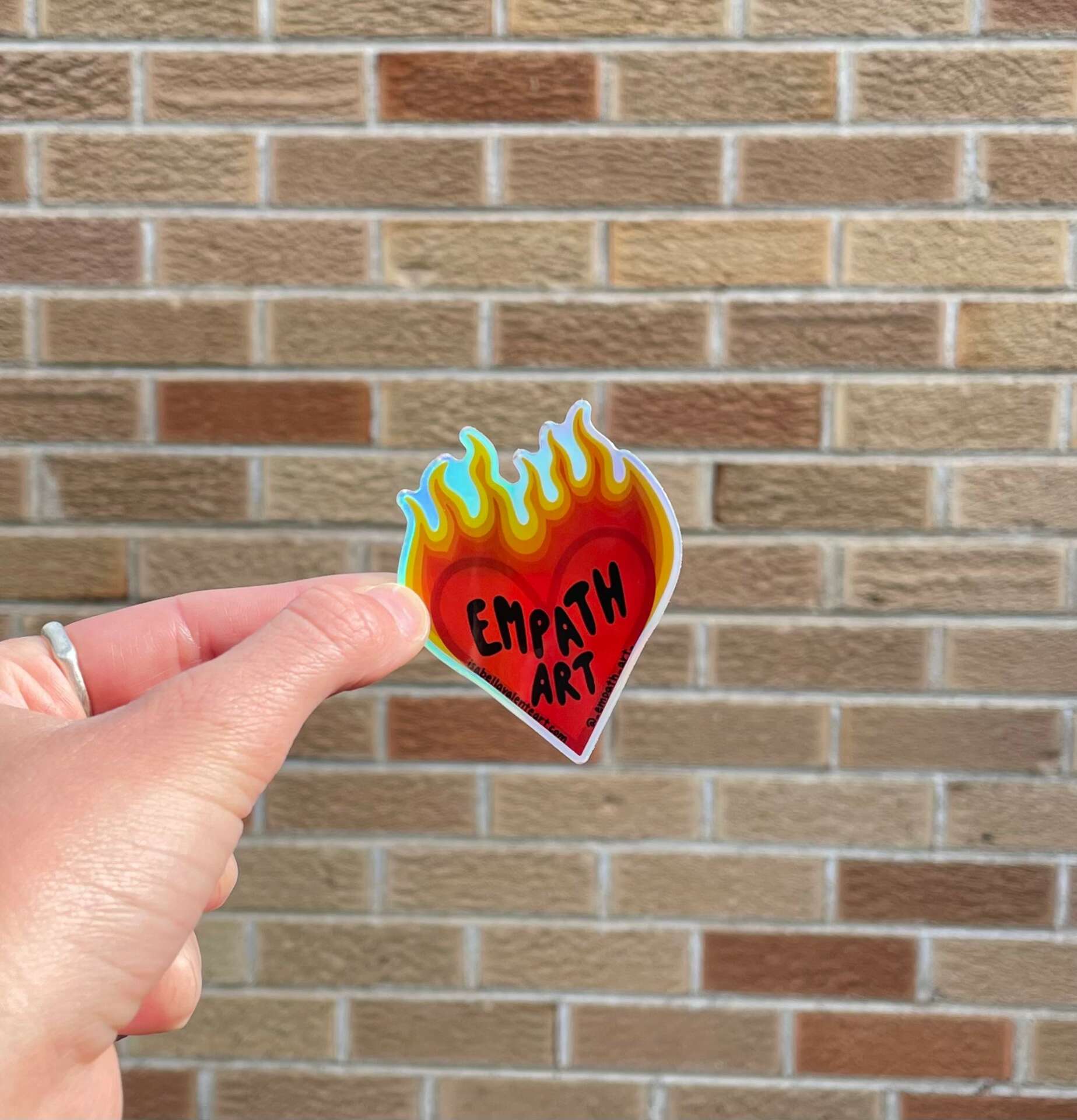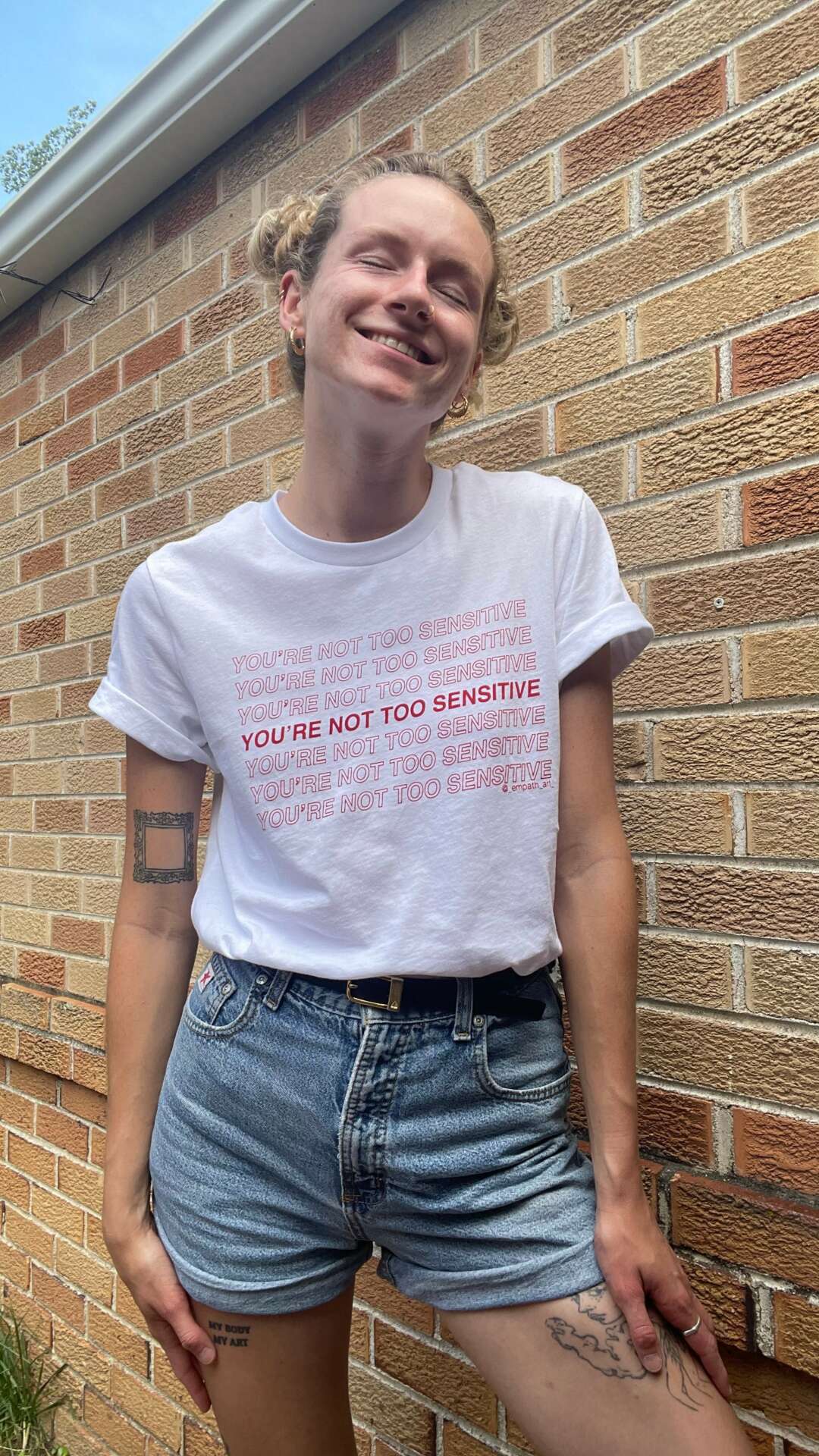Alright – so today we’ve got the honor of introducing you to Isabella Valente. We think you’ll enjoy our conversation, we’ve shared it below.
Hi Isabella, thanks for joining us today. Are you happy as a creative professional? Do you sometimes wonder what it would be like to work for someone else?
Sometimes I wonder what it would be like to have a normal job, but when I’ve tried even art-adjacent normal jobs I would sit thinking about all the art I’d rather be doing. I was extremely unhappy and would be too exhausted any time I wasn’t working to accomplish any artistic goals. It felt like being an artist was a need not a want that I couldn’t live without.
I’ve been pursuing art full-time for two years now and still love every single aspect of the job.


Isabella, before we move on to more of these sorts of questions, can you take some time to bring our readers up to speed on you and what you do?
Throughout my life, I have been accused of being too sensitive and too emotional. I have also been told “let’s talk about something more positive” or had someone change the subject when I bring up a social justice issue. However, to me ignoring these issues, repressing my feelings, or telling others their feelings are not valid is not an option.
My name is Isabella Valente (she/her) and I am a queer artist and small business owner. I started Empath Art a few years ago and since then have been working hard to expand my catalog, mission, and education. I strive to promote and help establish a communal mindset of empathy and present an easy opportunity to provide direct relief with each artwork. 20% of every price is redistributed to specific social impact groups and artwork images themselves can spread awareness. I want people to understand that emotions are not a weakness and how easy it can be to take direct action in our communities.


Are there any books, videos or other content that you feel have meaningfully impacted your thinking?
I was very fortunate to have someone close to me with a successful small business from day one. My mom founded a speech therapy staffing company before I was born that she owned for more than thirty years. I had a prime example of how possible it was for a small business to be successful. I saw both how laborious and rewarding a small business could be. From a young age, I declared that I wanted to be an artist when I grew up and my parents actually supported this as they had the same example I did of what was possible. Although I did bounce around with career ideas, they always had a creative quality and I continued taking art classes. I thought about prosthetics with their sculptural aspect, classical ballet, biomimicry engineering…but finally decided to make a go of it selling my own art and starting a business.
As soon as I decided I wanted to try to actually sell my art I started reaching for any and all resources. I watched video after video on YouTube, listened to every creative podcast out there, asked other small business owners for advice – I was a sponge trying to soak everything in. I also joined an artist co-op that had members similar to me but with many farther along in their journey. Every time I had to go in for a shift, I would be partnered with someone new and we would talk about social media strategy, marketing, branding, product development, and all of our shared business struggles. I was able to talk shop with more than sixty artists and develop relationships I continue to turn to for advice.
Is there a particular goal or mission driving your creative journey?
While Empath Art is a way for me to create art it is more importantly a fundraising tool. It is meant to both fill my creative cravings and provide repeated financial support for groups making a difference in our communities. The sales side of the business is meant to make this redistribution of funds a sustainable practice that could grow as my business did. Redistribution is similar to donating but is different in a very important way. Redistribution is “the distribution of something in a different way, typically to achieve greater social equality.” – Oxford Languages. The word and act of redistribution focuses on contribution that comes from a place of social justice and works to create equity and provide reparations. In comparison, donations, while sometimes having similar motivations, is often considered non-mandatory gifting while redistribution is a necessary act about continuously combating injustice and changing the systems that create the injustice in the first place.
I redistribute 20% of all prices every quarter and at the end of my first quarter of business I had fifty dollars to redistribute and a list of four different groups it was going to. This last quarter, I had over $700 to redistribute and twelve different groups for it to go to. My goal is to reach $1,000 in redistribution per quarter by the end of 2023.
Contact Info:
- Website: isabellavalenteart.com
- Instagram: @_empath_art_
- Other: TikTok: @_empath_art_ Threads: @_empath_art_


